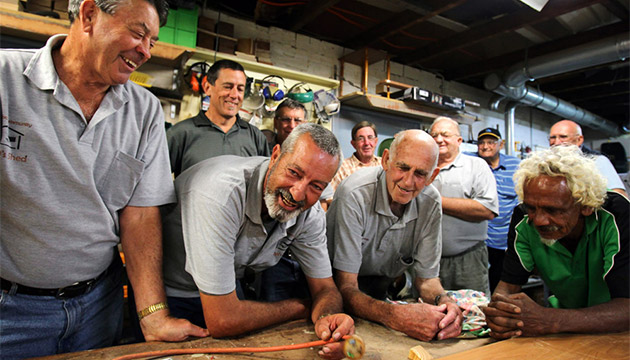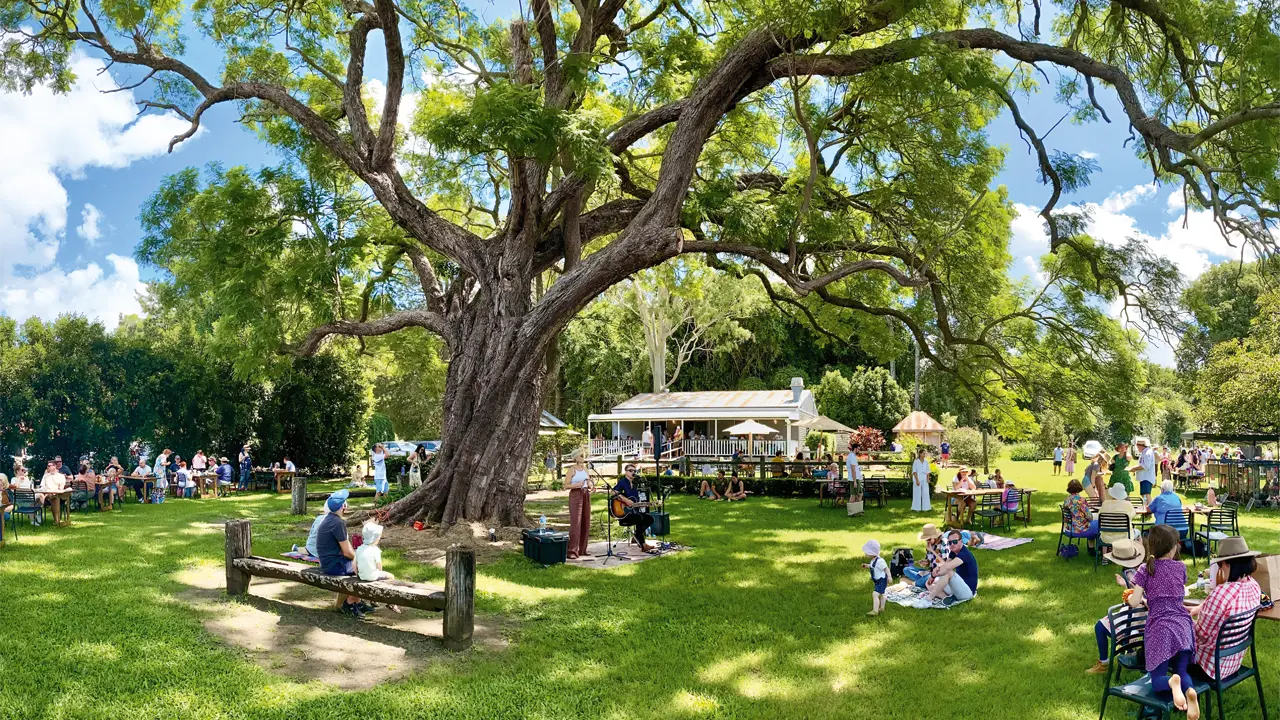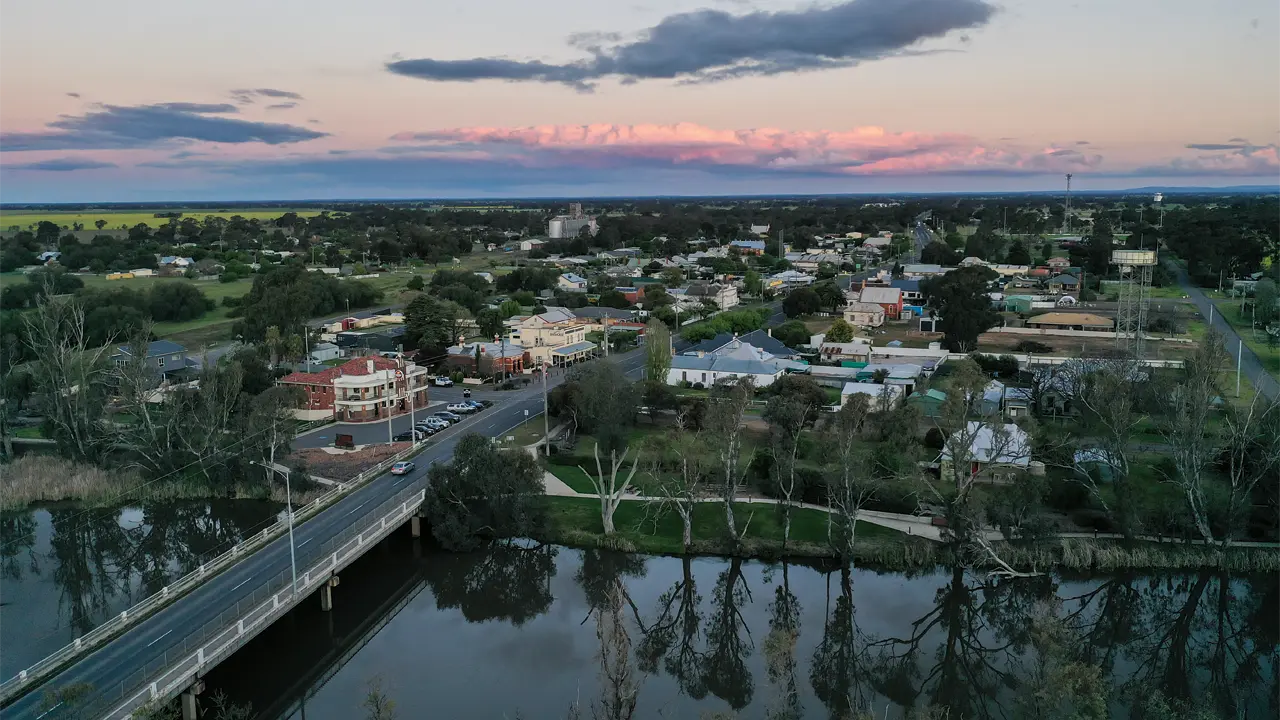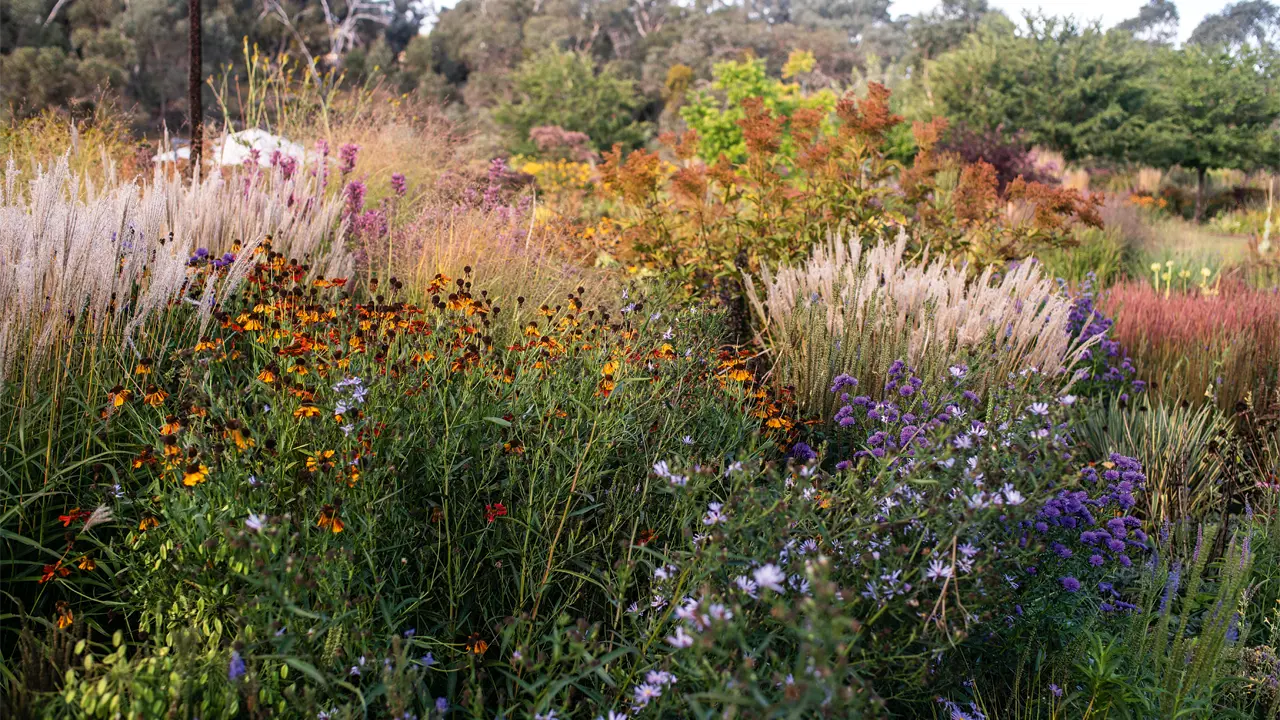Meeting the complex health needs of rural Australians demands innovative thinking, collaboration and a caring, can-do attitude.
Story By Amanda Burdon
It’s a day that rural financial advisor Don McRae is unlikely to forget. The day, last year, when one of his long-standing farming clients walked into his office and handed the receptionist his life-insurance policy, his will and a list of his executors, with the sobering message: “You’ll be needing these soon”. In 30 years of practice, Don had never experienced anything quite so confronting. Fortunately, he knew just what to do. First he phoned, then personally visited the man, and established that he was, indeed, having suicidal thoughts. Don then enlisted a health professional to support the man – an intervention that undoubtedly saved his life. “I received a text message from him on Christmas Day thanking me,” says Don, who is based in Inverell, in northern New South Wales. “That was worth more than the fees I’d charge in a lifetime.”
Don knew how to respond during the crisis due to a unique mental-health program run by Farm-Link and managed by the NSW Centre for Rural and Remote Mental Health. He’d received SCARF (Suspect, Connect/Care, Ask, Refer, Follow-up) training in how to recognise and support people at risk, and he knew what local specialist help was available. “I’m not a counsellor, but in rural communities the financial advisor is often on the front-line,” says Don, who has put 40 of his financial staff and receptionists through SCARF training. “It can be a lonely existence on the land and there’s often a lot of pride at stake. If that bloke goes to the pub on a Friday night he doesn’t want to talk about his depressed state to his mates. He’s also unlikely to unburden himself on a short visit to his GP. Accountants like us and other agribusiness people – bankers, vets, and stock and station agents – have long and trusted relationships with farmers. They often confide in us.”
Don says farmers comprise about 80 percent of his clientele and about 40% of his firm’s – Crowe Horwath. “In my experience, people are never offended when you ask them how they are travelling; they are usually happy that you care,” he says. “A big part of SCARF is to reassure people that mental-health issues are widespread. It also reminds us that we each have a role to play in looking after those around us, and discussing things that are often left unspoken – things that can seriously impact on our health.”
This Story is from Issue #95
Outback Magazine: June/July 2014










